ISLAMABAD (AP) — Pakistan’s imprisoned former Prime Minister Imran Khan is writing a letter to the International Monetary Fund urging it to link any talks with Islamabad to an audit of the country’s recent election, which his party alleges was rigged, his party said Friday.
Senator Ali Zafar, a top leader from Khan’s Pakistan Tehreek-e-Insaf party or PTI made his televised remarks after meeting with Khan at the Adiala prison, where he is serving multiple prison sentences.
The latest development comes days before the IMF is to release a key installment of a bailout loan to Pakistan.
It also comes a day after IMF spokesperson Julie Kozack said the global lender was ready to work with Pakistan’s new government “on policies to ensure macroeconomic stability and prosperity for all of Pakistan’s citizens”.
The IMF has not commented about Khan’s much-publicized move to write them a letter.
Khan has come under severe criticism at home from his rivals who claim Khan tried to block a tranche of $1 billion from the IMF to Pakistan to harm the country’s economy.
Pakistan narrowly averted a default on foreign payments last summer when the IMF approved the much-awaited $3 billion bailout for it following monthslong talks with former premier Shehbaz Sharif, who replaced Khan after his ouster in a no-confidence vote in parliament in 2022.
Sharif is currently in talks with his allies to form a coalition government as no party, including the candidates of Khan, could get a majority in the Feb. 8 vote.
Though Khan’s candidates won 93 out of 265 National Assembly seats in the elections, it was not enough to form a government. Khan’s party says it has evidence that officials changed the election results in dozens of constituencies to convert the victories of its candidates into defeat, a charge the election oversight denies.
“The PTI candidates who were winning (in the elections) were defeated” because of rigging the vote, Zafar said, adding that Khan wants the IMF to call for an independent audit of the elections before it continues talks on the release of loans for Pakistan.
The IMF and Khan’s former government have been at odds since the former premier did not fully comply with a 2019 agreement under which he got a $6 billion bailout. The release of a key tranche from that bailout remained on hold, causing a sudden increase in inflation and a devaluation of Pakistani’s currency against the U.S. dollar.
Sharif, who is set to become the country’s new prime minister, has said he will negotiate another bailout with the IMF in an effort to combat inflation and improve the country’s ailing economy, which is the biggest challenge he faces.

